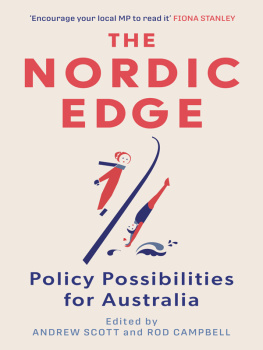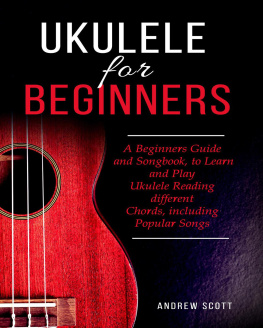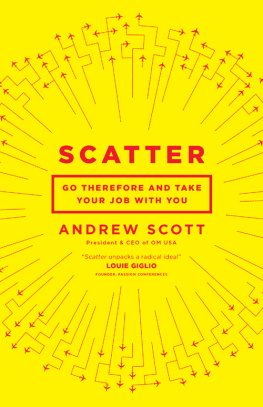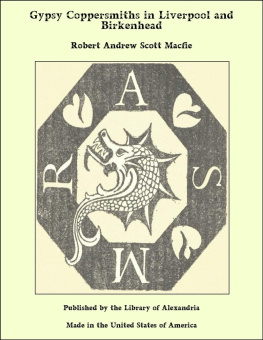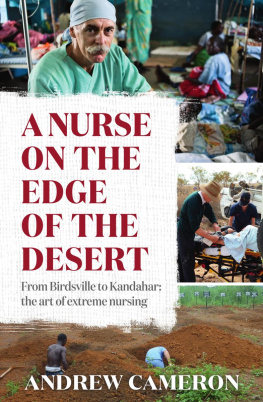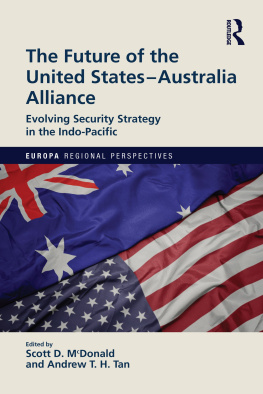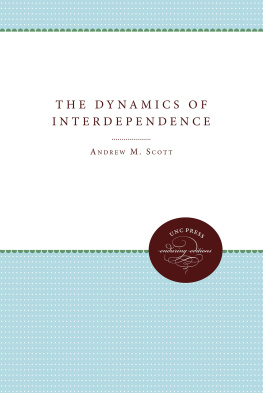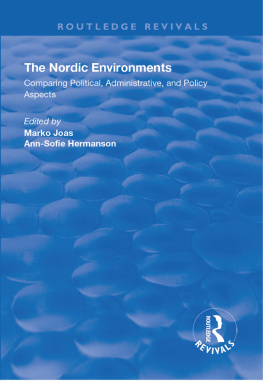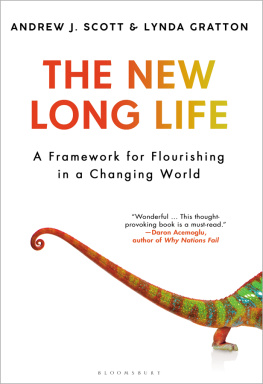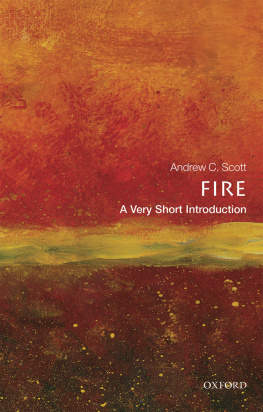MELBOURNE UNIVERSITY PRESS
An imprint of Melbourne University Publishing Limited
Level 1, 715 Swanston Street, Carlton, Victoria 3053, Australia
www.mup.com.au
First published 2021
Text resides with the individual authors, 2021
Design and typography Melbourne University Publishing Limited, 2021
This book is copyright. Apart from any use permitted under the Copyright Act 1968 and subsequent amendments, no part may be reproduced, stored in a retrieval system or transmitted by any means or process whatsoever without the prior written permission of the publishers.
Every attempt has been made to locate the copyright holders for material quoted in this book. Any person or organisation that may have been overlooked or misattributed may contact the publisher.
Text design and typesetting by Adala Group
Cover design by Nada Backovic
Printed in Australia by McPhersons Printing Group
9780522877625 (paperback)
9780522877632 (ebook)
In memory of Lou Barberis, Principal of Melbourne High School from 1975 to 1986. The support he gave to young people from disadvantaged backgrounds improved many lives. His actions are echoed in the education policies of Finland today.
FOREWORD
AUSTRALIAN PUBLIC POLICY DEBATES are full of overseas comparisons. We constantly compare our policies to those of the United States or our Asian neighbours. Of course, Australia has grown up by instinctively looking to the United Kingdom as a starting point for policy development.
Fewer comparisons are made with the Nordic nations. However, when looking for progressive policy ideas that are proven to work, there is no better starting point than countries that regularly top the world in terms of economic, social and environmental performance and which have already successfully implemented such policies.
After all, there is only one thing more powerful than an idea whose time has come, and that is an idea that has already arrived. From tax to welfare to paid parental leave to managing resource development and modernising energy policy, the Nordic countries provide proven policy approaches that Australia can learn from, adapt and apply, if it wants to. It is with this kernel of truth that the Australia Institute set out to establish the Nordic Policy Centre.
One of the Australia Institutes first direct encounters with Nordic policies was when our research director Rod Campbell answered his phone to an unknown number with a country code that he did not recognise.
Hello, Rod. Its Jesper Lindqvist from Sweden! Did you get the writing sample and academic record I sent through?
Rod had, of course, received the files but had not had time to read them. As part of Jespers degree, he claimed that the Swedish Government would pay for him to work with a research organisation almost anywhere in the world for six months. He had friends in Canberra and wanted to come to the Australia Institute.
Now Rod was in a jam. He did not want to admit he had not read any of the CVs, essays and goodness knows what else he had asked for and that Jesper had diligently sent to him. The easiest solution was to say yes.
Jespers time with the institute was a triumph. His main research was into how Australia could adopt Finlands system of progressive traffic fines that vary with the drivers income. Five years later, Australian media still call every holiday period, when traffic fines are in the news, to talk about how it might work. South Australian social service groups flew Jesper to Adelaide to talk about it, as that states high fines are a serious issue for low-income people. The state of New South Wales recently responded to this problem with a policy to reduce fines for anyone receiving welfare payments.
A different country can make you reimagine not just whole areas of thought but even democratic methods and policy institutions themselves. This is what struck me when visiting Helsinkis stunning new library with a group of current and former Australian politicians in 2019.
Known as Oodi (pronounced like ode in English), the library was opened in 2018 and built to stand directly across from the Finnish parliament. As well as being a practical resource for Finns of all ages and backgrounds, the library is a statement about civic engagement, democracy and egalitarianism.
Standing on the top floor of Oodi, the whole concept of public space, civic engagement and learning was remade in my head. A beautiful new, grandly designed building full of people, life, a skills workshop with 3D printers and sewing machines for public use, musical studios, and artists rooms for digital projections, all for free, was just far more than I had ever considered a library could be.
These experiences cemented the Australia Institutes Nordic Policy Centre partnership with Deakin University of which this book is a product.
Having the idea for a Nordic Policy Centre in Australia was one thing, but a good idea is next to worthless without the right people. As luck would have it, Australias foremost expert on Nordic policy approaches, Professor Andrew Scott, was able to join us in this venture. Together with the enlightened cooperation of Deakin University, Andrew has brought his intellect, tenacity and good humour to this endeavour. By adding other contributors, Andrew has helped turn an idea into a reality.
This book is the latest result of this partnership. It features an exciting assortment of authors, many of whom are already prominent in their fields, while others are emerging and bring lively, incisive new voices. The authors include practitioners as well as expert researchers and academics. Powerful Nordic policy possibilities for Australia grab you in every chapter. If you want to consider some great ways to improve Australia, all you need to do is keep reading.
Ben Oquist



